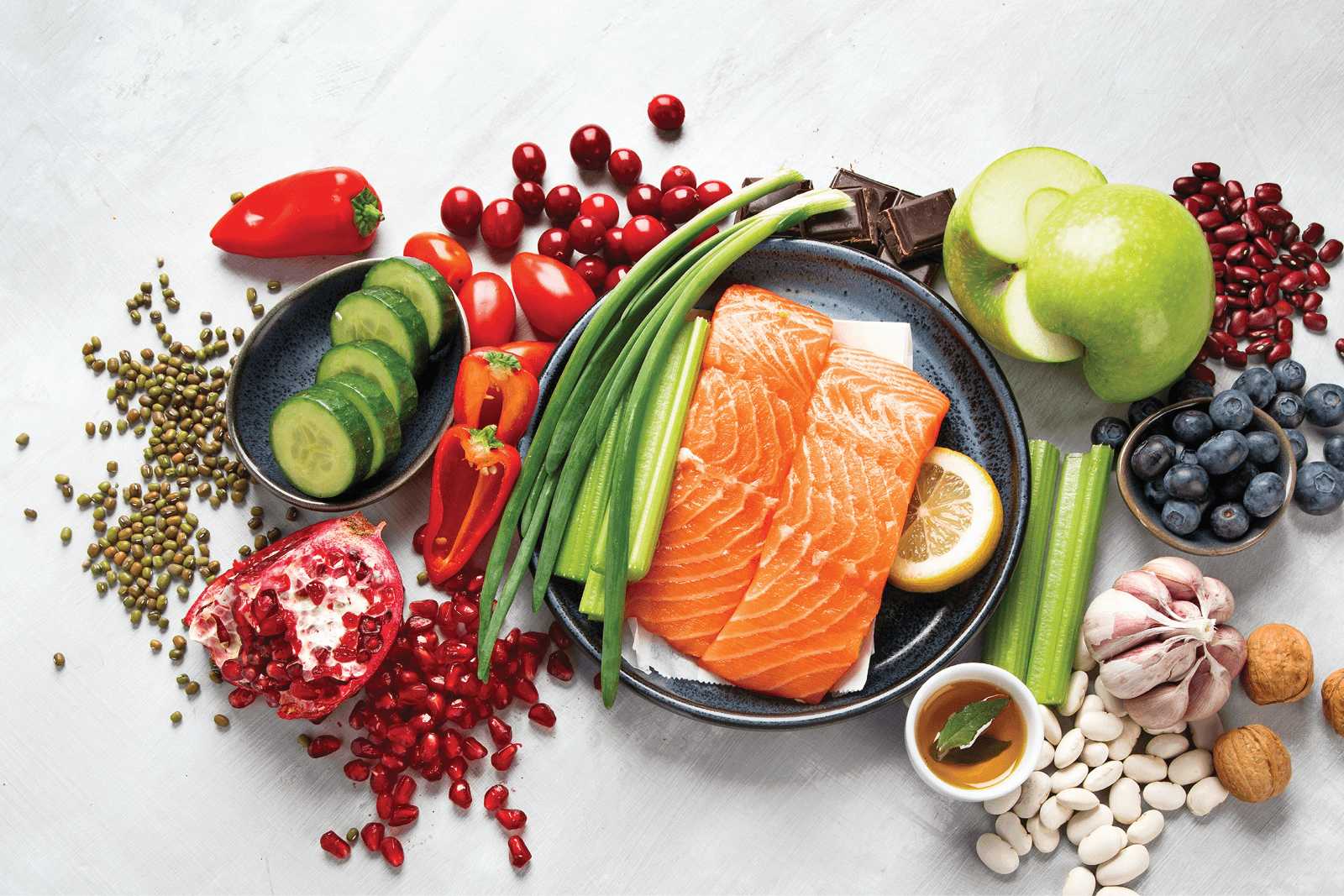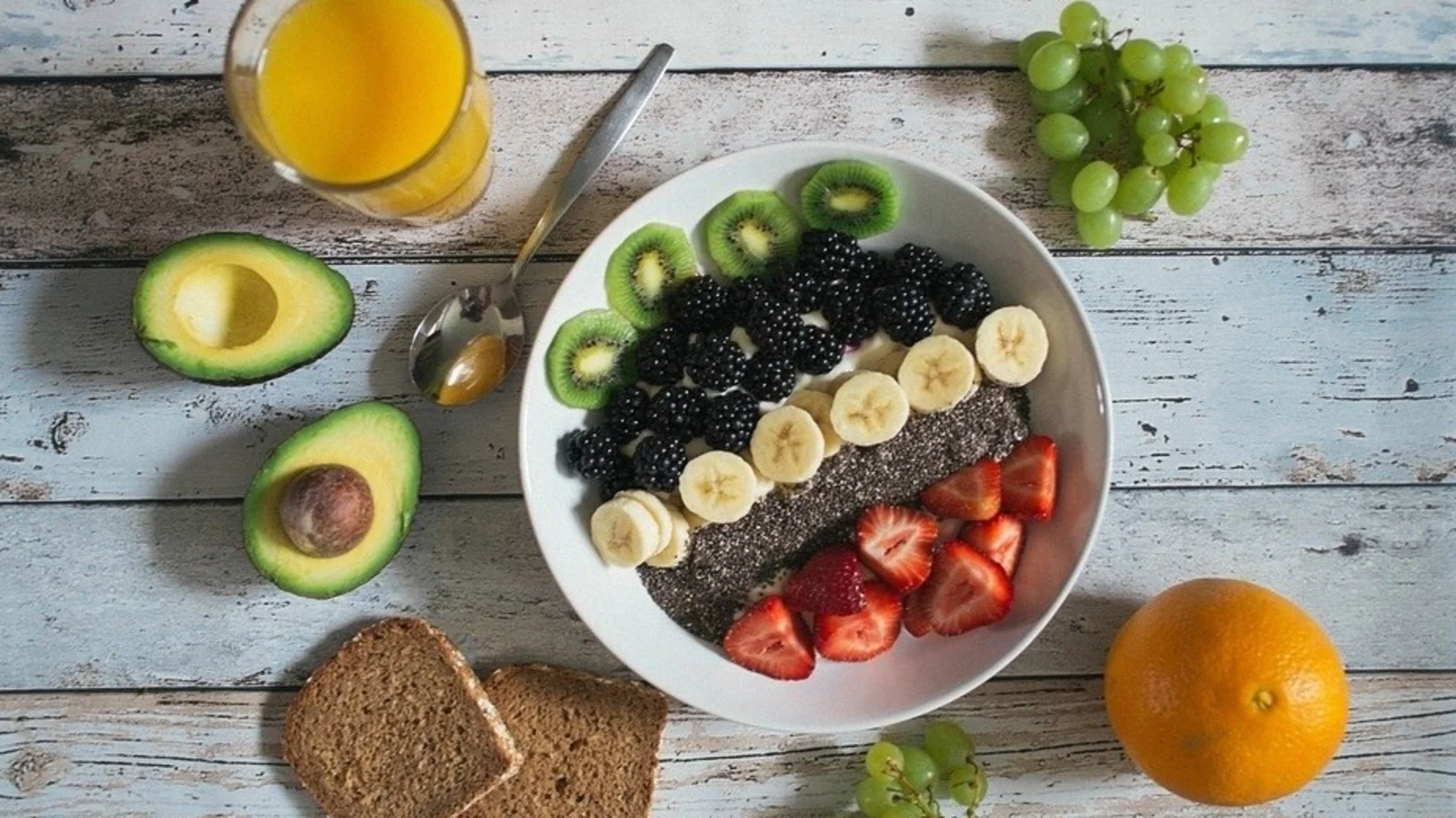Fertility is a topic of great significance for many women who dream of starting a family. While various factors influence fertility, including genetics and medical conditions, diet plays a crucial role in enhancing reproductive health. In this article, we will explore ten foods that are said to boost fertility in women, providing insights into their nutritional benefits and how they can positively impact reproductive well-being.
The Importance of Fertility in Women
Fertility represents a natural milestone for women, reflecting their ability to conceive and carry a child. However, some women face challenges in achieving pregnancy due to various reasons. This has led to an increased interest in understanding the impact of nutrition on fertility.
Factors Affecting Female Fertility
Before delving into specific foods, it’s essential to be aware of factors that can affect female fertility. These factors include:
- Age: Age is one of the most significant determinants of fertility. As women age, their fertility declines due to changes in hormone levels and the quality of eggs.
- Hormonal Imbalance: Hormonal imbalances can disrupt the regular menstrual cycle and ovulation, affecting fertility.
- Lifestyle Factors: Unhealthy lifestyle habits, such as smoking, excessive alcohol consumption, and stress, can also negatively influence fertility.
Foods That Boost Fertility in Women
Dark Leafy Greens
Dark leafy greens like spinach, kale, and Swiss chard are rich in folate, a B-vitamin that has been associated with improved fertility.
Avocado
Avocado is a nutritious fruit containing monounsaturated fats, which are beneficial for hormone regulation and reproductive health.
Nuts and Seeds
Nuts and seeds are packed with essential fatty acids and antioxidants, promoting hormonal balance and overall reproductive well-being.
Fatty Fish
Fatty fish such as salmon and sardines are excellent sources of omega-3 fatty acids, which can enhance fertility and reduce inflammation.
Whole Grains
Whole grains like quinoa and brown rice provide complex carbohydrates and fiber, positively influencing insulin sensitivity and fertility.
Berries
Berries are rich in antioxidants, particularly vitamin C and manganese, which can support egg health and combat oxidative stress.
Legumes
Legumes, including lentils and chickpeas, are valuable plant-based protein sources that can aid in regulating ovulation.
Full-Fat Dairy Products
Full-fat dairy products like whole milk and Greek yogurt contain beneficial fats that may enhance fertility.
Pomegranate
Pomegranate is loaded with antioxidants, and its consumption has been linked to increased blood flow to the uterus.
Maca Root
Maca root is an adaptogenic herb known for its potential to balance hormones and improve fertility.
A Balanced Diet for Fertility
While the foods mentioned above can be beneficial, it’s essential to consume them as part of a balanced diet. A well-rounded diet should include a variety of nutrients, vitamins, and minerals to support overall health and fertility.
The Role of Antioxidants
Antioxidants are compounds that protect cells from oxidative damage. Incorporating antioxidant-rich foods into the diet can help maintain reproductive health.
Hydration and Fertility
Staying adequately hydrated is essential for reproductive health and hormone balance. Drinking enough water supports overall well-being.
Avoiding Harmful Foods
In addition to adding fertility-boosting foods to the diet, it’s crucial to avoid certain harmful foods that could negatively impact reproductive health:
Trans Fats
Trans fats found in processed foods have been linked to fertility issues. It’s best to avoid these unhealthy fats.
High-Mercury Fish
High-mercury fish can be detrimental to fertility. Pregnant women and those trying to conceive should limit their intake of such fish.
Excessive Caffeine
Excessive caffeine consumption may interfere with conception, so it’s wise to moderate coffee and tea intake.
Alcohol
Excessive alcohol intake can disrupt hormone levels and fertility. Limiting alcohol consumption is recommended.
Stress and Its Impact on Fertility
Chronic stress can affect hormonal balance and interfere with reproductive processes. Managing stress through relaxation techniques is vital for fertility.
Regular Exercise and Fertility
Engaging in regular moderate exercise can positively impact fertility by promoting overall health and hormonal balance.
Seeking Professional Help
If experiencing challenges with fertility, seeking professional help is crucial:
Consulting a Doctor
Consulting a gynecologist or obstetrician can provide valuable insights into reproductive health and potential issues.
Fertility Specialists
If needed, fertility specialists can offer advanced treatments and solutions to enhance fertility.
Conclusion
Optimal fertility is a goal cherished by many women, and nutrition plays a pivotal role in achieving it. By incorporating fertility-boosting foods into a balanced diet, managing stress, and adopting a healthy lifestyle, women can positively influence their reproductive health and increase their chances of conception.





